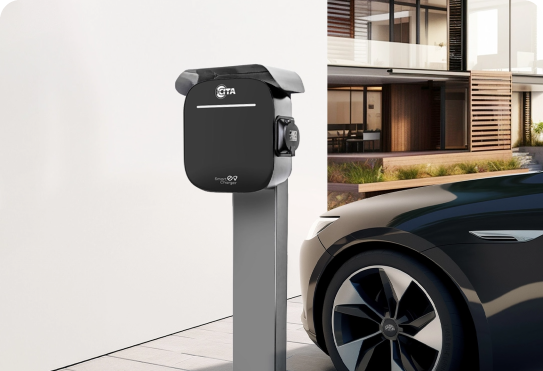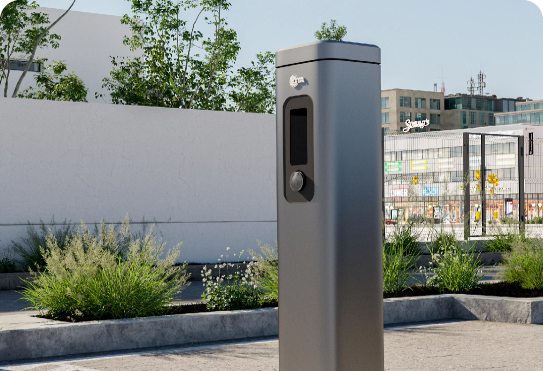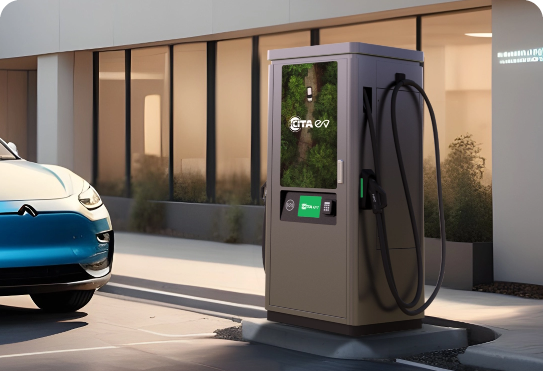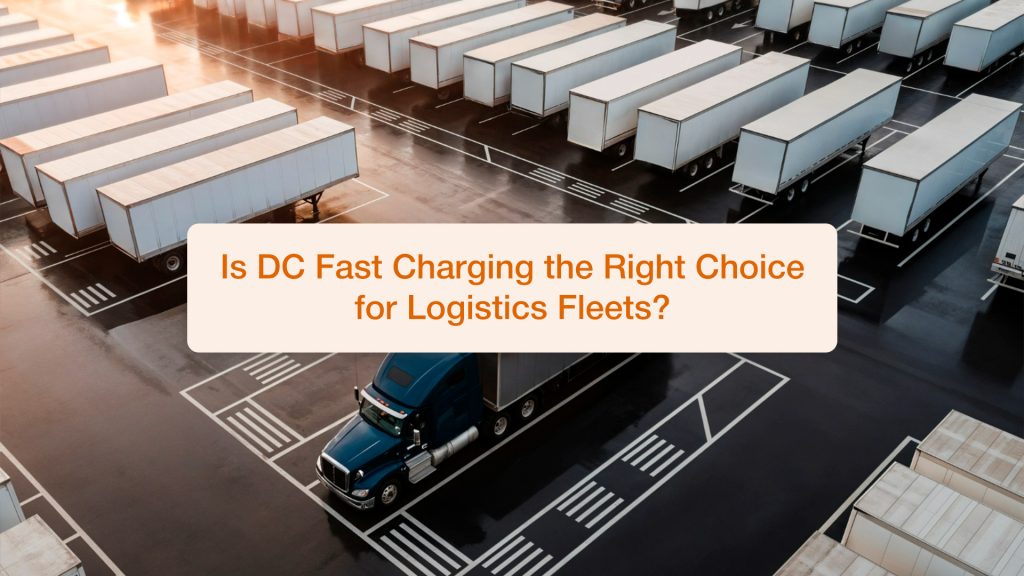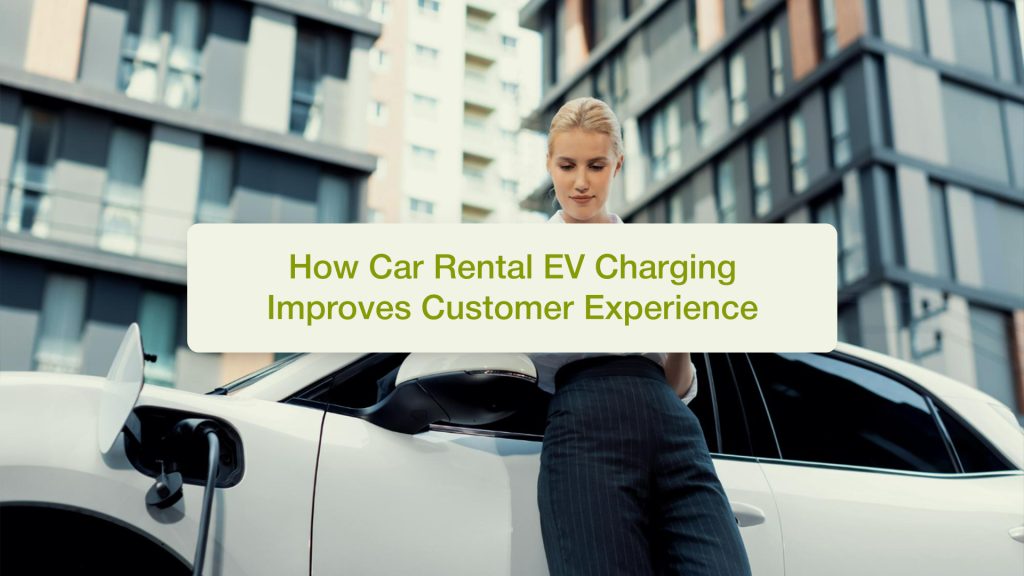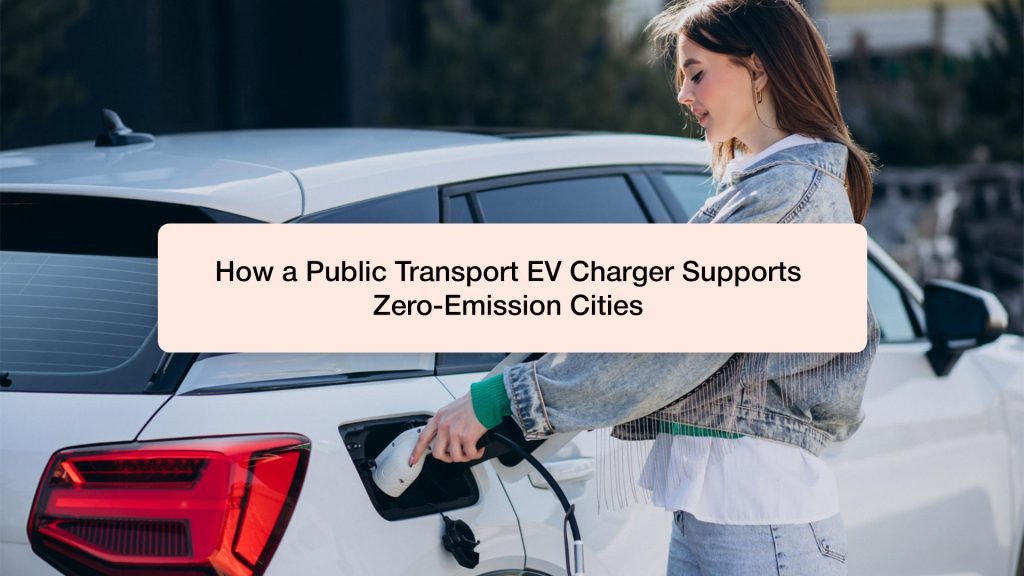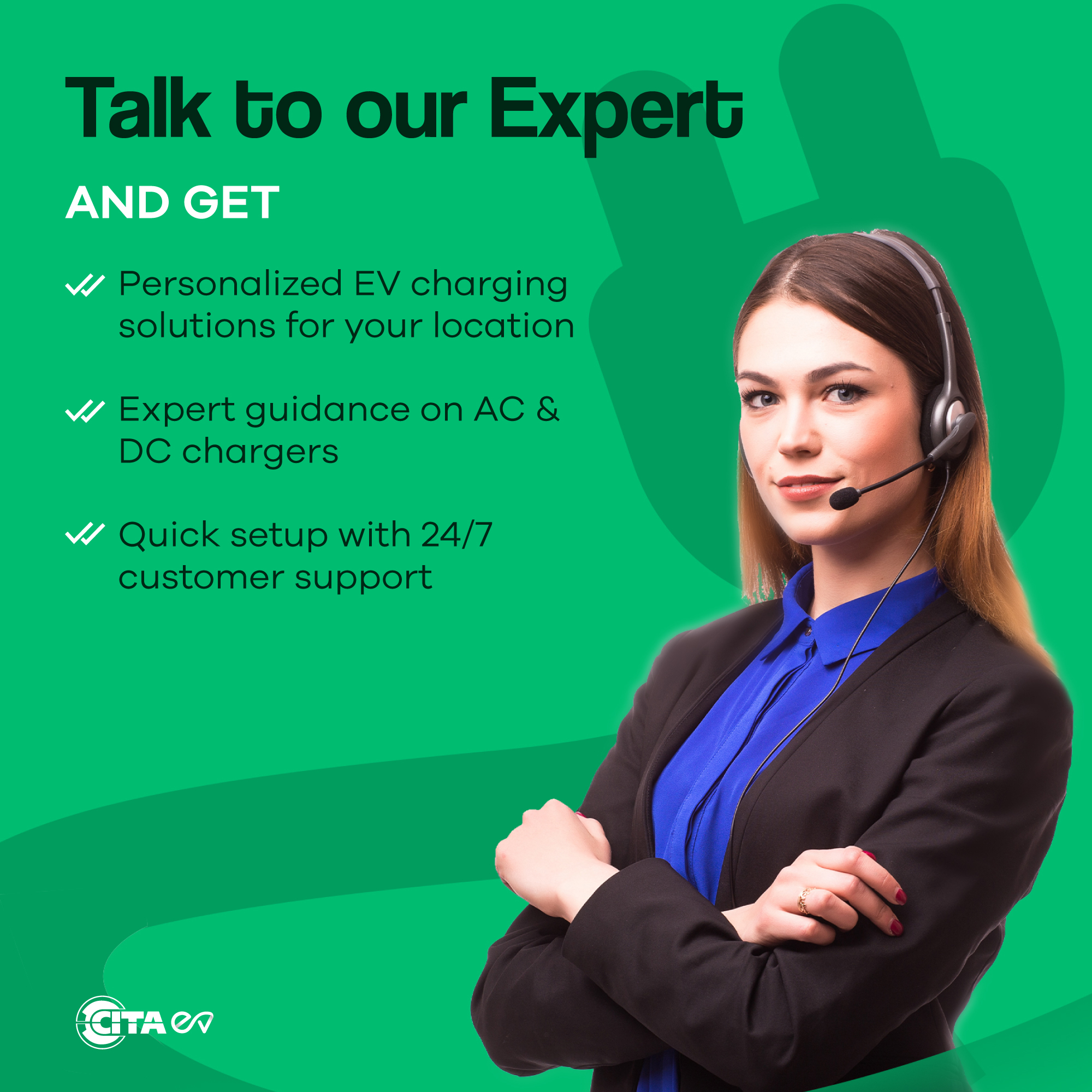With the rapid rise of electric vehicles (EVs), many entrepreneurs and businesses are exploring the profitability of public EV Charging Stations. As the demand for EV Charging Solutions continues to grow, the opportunity to invest in EV Charging Infrastructure is expanding significantly.
Governments worldwide, including the UK, are pushing for sustainable transportation, offering grants like the OZEV Grant EV Charger to encourage the installation of EV Charging Stations. The UK’s EV market is expected to grow exponentially, with an estimated 40 million EVs on the road by 2050, further driving the need for reliable EV Charging Solutions.
This guide will explore key revenue models, cost considerations, and profitability factors to help investors and businesses determine whether investing in EV Charging Stations is a lucrative business move.
Understanding the Business Model of EV Charging Stations

The success of EV Charging Stations relies on various factors, including location, pricing strategies, infrastructure investment, and ongoing maintenance. As the adoption of Electric Vehicles (EVs) increases, businesses and investors must analyze these key elements to build a Trusted EV Charging Company. A well-structured business model not only ensures profitability but also enhances the reliability of charging services. By leveraging the right EV Charging Solutions, businesses can optimize revenue streams, reduce operational costs, and provide seamless charging experiences for EV drivers.
1) Revenue Streams of Public EV Charging Stations
Public EV Charging Stations offer multiple income sources, making them a lucrative business investment. The primary revenue model is pay-per-use charging, where drivers are charged based on energy consumption (kWh) or per session. Another popular model is subscription-based charging, where users pay a fixed monthly fee for unlimited or discounted charging. Additionally, advertising and branding partnerships on charging stations create extra revenue. UK businesses can also benefit from OZEV Grant EV Charger schemes, reducing initial setup expenses. These diverse revenue options contribute to making EV Charging Stations financially sustainable.
2) Costs of Setting Up and Running EV Charging Stations
While EV Charging Stations have strong revenue potential, businesses must manage upfront and recurring expenses. Infrastructure costs include purchasing the best EV Chargers from Leading EV Charger Suppliers like CITA EV Charger. Installation costs involve hiring a Top EV Charger Installer for proper setup. Regular servicing by a Trusted EV Charger Service Provider ensures smooth operation and prevents downtime. Additionally, electricity costs play a crucial role in profitability, and integrating Smart EV Charging Solutions can help optimize energy consumption. By strategically managing these costs, businesses can ensure long-term success in the EV Charging Industry.
3) Key Factors Affecting Profitability
Several factors influence the profitability of EV Charging Stations, starting with strategic location. Placing chargers in high-traffic areas attracts more EV users and increases revenue. Charger type and speed also play a crucial role, with Fast & Ultra-fast DC EV Chargers allowing quicker turnaround times. Investing in IP65 & IK10 Rated EV Chargers ensures long-term durability, reducing maintenance costs. Lastly, using the CITA EV App & Charge Point Management System allows real-time monitoring and smart energy management, maximizing efficiency and profitability. By addressing these factors, businesses can build a Top EV Charging Company with sustainable growth.
The Importance of Universal EV Charging Stations

Universal EV Charging Stations are designed to allow EV drivers to power their vehicles seamlessly, regardless of the charger brand or network. This connectivity simplifies EV ownership, removes compatibility issues, and accelerates widespread EV adoption. As the demand for EV Charging Solutions increases, the need for a Trusted EV Charging Company, such as CITA EV Charger, becomes essential. CITA EV Charger provides Best EV Chargers, ensuring hassle-free, reliable, and efficient charging experiences for businesses, fleet operators, and private EV owners alike.
Challenges in the EV Charging Landscape
Despite advancements, discrepancies among different EV chargers remain a significant challenge for operators and EV owners. Many EV charging networks use proprietary systems, restricting flexibility and forcing EV users to meticulously plan charging stops. By adopting Open Charge Point Protocol (OCPP) and other universal standards, CITA EV Charger enables seamless integration of Top EV Charging Solutions into existing infrastructure. This approach enhances network scalability, making EV charging station expansion more cost-effective and practical.
Key EV Charging Standards
To ensure high-performance, safe, and durable EV charging, various industry standards regulate hardware, software, installation, and security. CITA EV Charger adheres to rigorous UKCA, CE Approval, and OZEV Grant EV Charger standards, ensuring robust, secure, and efficient charging operations.
- Operating Standards: OCPP allows EV Charger manufacturers, EV charger suppliers, and EV charger installers to work together seamlessly.
- Installation & Permitting: UKCA-approved EV Chargers comply with UK safety regulations.
- Safety & Security: IP65 & IK10 Rated EV Chargers provide weatherproof, impact-resistant, and long-lasting durability.
Essential Charger Specifications to Evaluate When Launching an EV Charging Business
When setting up an EV charging station, understanding charging levels is critical. There are three primary categories: Level 1, Level 2, and Level 3 (DC Fast Charging). Each level varies in power output, charging speed, and infrastructure requirements. Level 1 chargers are best for residential use, while Level 2 chargers suit commercial spaces. For high-speed charging, Level 3 chargers (DC fast chargers) are essential. CITA EV Charger, a Leading EV Charger Supplier, provides Top EV Charging Solutions to match various business needs.
Level 1 Chargers: Basic Home Charging
Level 1 EV chargers are the simplest option, using a standard 120V outlet found in most homes. They deliver a slow charging speed of about 5 km (3 mi) per hour, requiring over 20 hours for a full charge. While affordable and easy to install, they are unsuitable for commercial charging stations due to their slow charging rate. Businesses focusing on public or fleet charging should consider higher-level solutions like Level 2 or Level 3 chargers from CITA EV Charger.
Level 2 Chargers: Best for Businesses and Public Charging
Level 2 chargers operate on a 240V outlet, significantly reducing charging time. They can charge at 30–50 km (20–30 mi) per hour, completing a full charge in 6 to 14 hours. These chargers are ideal for retail spaces, offices, and public charging stations. CITA EV Charger offers 7kW, 11kW, and 22kW AC EV Chargers, designed for reliable, safe, and efficient charging. With intelligent billing and smart energy management, Level 2 chargers are a cost-effective solution for businesses.
Level 3 Chargers: High-Speed DC Fast Charging
For rapid EV charging, businesses need Level 3 DC fast chargers. These chargers use direct current (DC), achieving charging speeds of 200 km (124 mi) per hour. They can fully charge an EV in 15-20 minutes to an hour, making them perfect for highways, fleet operators, and commercial hubs. CITA EV Charger provides 60-360 KW Fast and Ultra-Fast DC EV Charging Solutions, ensuring efficient and high-performance charging for commercial and industrial applications.
EV Connector Types and Compatibility
Different EVs require specific connectors, making compatibility a key factor for charging businesses. CITA EV Charger supports universal charging solutions with multiple connector types. Type-2 connectors are used for AC charging, while CCS2 (Combined Charging System 2) is the standard for fast charging in Europe and Asia. CHAdeMO connectors cater to Japanese EVs, and GBT connectors are used in China. CITA EV Charger offers customizable connector guns and supports multiple socket configurations for versatile charging solutions.
Is Investing in Public EV Charging Stations a Smart Choice?
Public EV Charging Stations present a lucrative opportunity, especially as EV adoption continues to rise. Their profitability depends on key factors such as strategic location, effective pricing models, and the selection of high-quality chargers. Partnering with a Trusted EV Charging Company like CITA EV Charger ensures that businesses receive Top EV Charging Solutions tailored to meet growing demand.
By choosing the best EV Charger Manufacturers, investors can access Smart EV Charging Solutions that optimize efficiency, reduce operational costs, and enhance user experience. Additionally, government incentives such as the OZEV Grant EV Charger scheme can help offset installation expenses, making it easier to establish a Leading EV Charging Company.
If you’re looking to enter the growing EV charging market, CITA EV Charger is here to help. With advanced AC & DC EV Chargers, seamless installation support, and 24/7 customer service, we provide a complete solution for businesses seeking long-term success. Are you ready to power the future of mobility?
Contact CITA EV Charger today and start your journey towards a profitable EV charging business!




